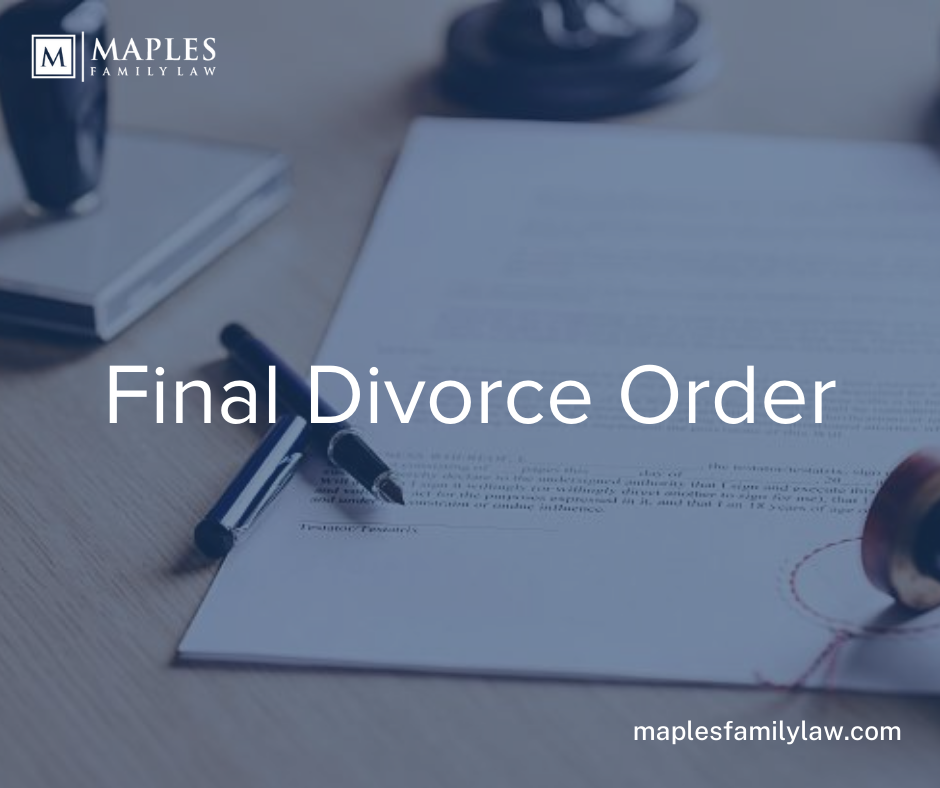 Divorce
Divorce
Grounds for Divorce in California
If you’re like most people, you’ve heard the term grounds for divorce—but what does that really mean, and do you really need to pinpoint a specific reason before you divorce your spouse in California? While it’s typically best to ask an attorney who practices family law in Stockton about the specifics of your own case, here’s what you need to know about grounds for divorce in California.
What Are Grounds for Divorce in California?
California is a no-fault divorce state. That means if you file for divorce, you don’t have to provide the court with a specific reason. You can get a divorce in Stockton and elsewhere in California when you and your spouse simply have “irreconcilable differences.”
You do not have to disclose your reasons for divorcing to the court other than to say that you have irreconcilable differences.
A Word on Irreconcilable Differences
The term irreconcilable differences simply means that neither party in a marriage committed an act that directly brought about the end of the marriage (like adultery, abandonment, or cruelty). When you use this term, it means that neither party is completely at-fault for the marriage’s breakdown.
Will the Grounds for Your Divorce Have an Impact on Your Alimony Award?
Most people don’t want to spill the personal details of a split in a courtroom, and that’s completely fine. It’s important to know that in most cases, the grounds for your divorce won’t have an effect on the amount or duration of an alimony award that you receive.
(Even cheating is unlikely to affect your alimony award. Remember, the purpose of spousal support is to ensure that one spouse doesn’t fall into poverty because of the divorce. The courts don’t use it as a punishment for a spouse’s bad behavior during the marriage.)
There is one exception, though: If your spouse has been convicted of violent or abusive behavior, the judge has the power to reduce or, in some cases, eliminate the alimony that the abuser would normally be entitled to receive.
What the Courts Look at When Determining Alimony Awards
The courts must look at several factors when determining how much alimony will change hands, including:
- Each spouse’s earning capacity
- How much each spouse contributed to the other’s career, education, and other financially tied achievements
- Each spouse’s ability to pay alimony
- The needs of each spouse based on the standard of living each enjoyed during the marriage
- Tax consequences to each spouse
- The balance of hardships each spouse must now endure
This isn’t a complete list. Instead, courts look at these factors and a number of others—including any other factors the judge believes are fair and reasonable—to make an alimony award determination.
Do You Need “Grounds for Divorce” in California?
You don’t need to have a specific reason to end your marriage in the state of California. Whether your spouse had a long-term affair, abandoned you, or simply chose to terminate your marriage is irrelevant to the court. The court’s primary concern is the children of your marriage, if you have them; if you don’t, the court is only interested in overseeing a fair, equitable split that allows both parties to move forward separately.
Do You Need to Talk to a Family Law Attorney in Stockton?
If you’re contemplating divorce, or if your spouse has already filed for a divorce and you need an experienced, knowledgeable attorney in your corner, call us at 209-910-9865 right away. You can speak with a Stockton divorce lawyer who understands what you’re going through—and who’s willing to be your voice in the court system.






